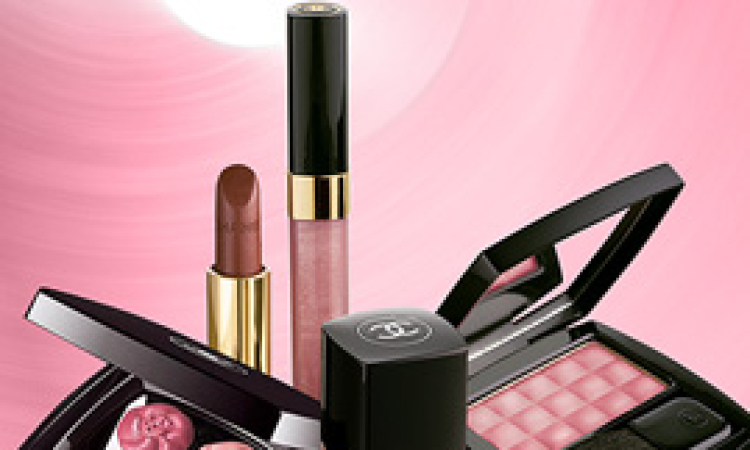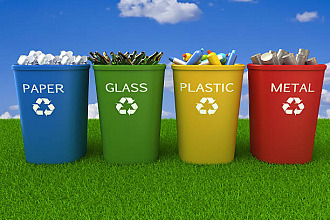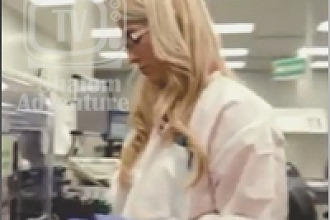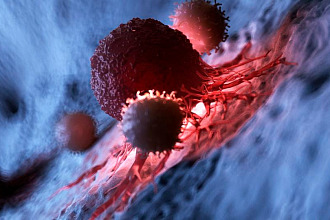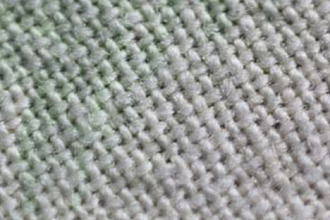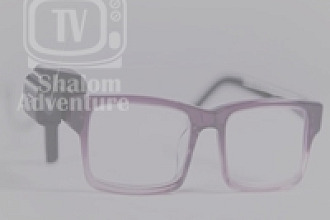When it comes to cosmetics, there is an extensive list of ingredients to avoid, both for health and the environment. Here are just a few of the most dangerous ingredients. Keep in mind that this is not an exhaustive list.
Petrolatum. Petrolatum, or petroleum jelly, forms an oily barrier on the skin, preventing evaporation and keeping skin moisturized. However, it is known to cause allergic reactions in users and is not particularly healthy for the environment. It is in a large number of creams and moisturizers because it is relatively inexpensive to produce.
Formaldehyde. Most people know that formaldehyde is used to preserve dead bodies but few would have any idea that it can commonly be found in cosmetic products. If you see the word "urea" included on the label, there is a good chance that formaldehyde is as well—even if it isn't listed. This is because diazolidinyl and imadazolidinylureas can release formaldehyde. There is a long list of negative side effects associated with formaldehyde, including asthma, skin irritation, and even cancer. Avoid it at all costs.
Parabens. Parabens are used to extend the shelf-life of cosmetics by preventing the growth of bacterium and other microbes. These are highly chemical ingredients that are known to be toxic and cause severe skin irritation in some. However, many cosmetic companies still use them because they just can resist the benefit of keeping their products on the shelves.
Hydroquinone Skin Lightener. This obviously isn't something that is included in many cosmetic products, but it is something that women need to be aware of. Hydroquinone is known serious disfiguring skin diseases, yet is still used in certain products because the FDA does not fully regulate the cosmetic industry. Stay away from all skin lighteners!
Diethanolamine. The FDA is actually in the midst of investigating this product, which should tell women one thing—don't buy anything with this on the label! Known to irritate skin, there is now a belief that it may cause cancer because of the increased cancer rates in lab rats exposed to the chemical. Often used in foaming facial cleansers and soaps, there is simply no benefit to using diethanolamine.
Sodium Lauryl Sulfate. A completely synthetic substance that often disguises itself as a natural one because labels sometimes say it comes from "natural products like coconut," sodium lauryl sulfate causes skin and eye irritation as well as serious scalp issues and hair loss. The latter two are serious problems because the ingredient is common in shampoos.
Originally found here

